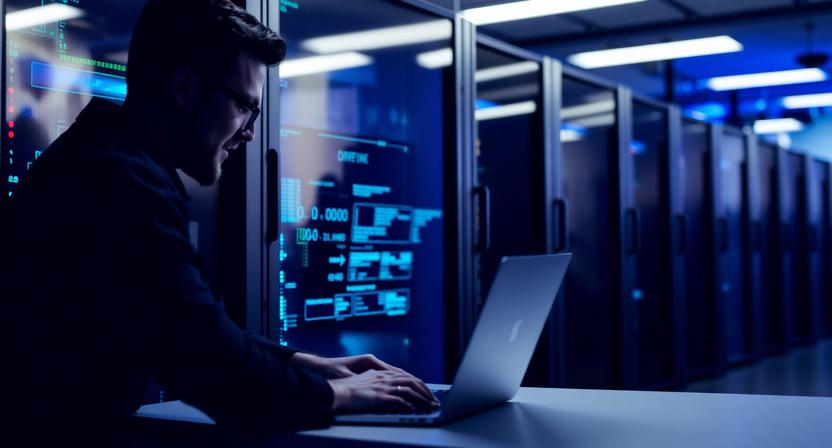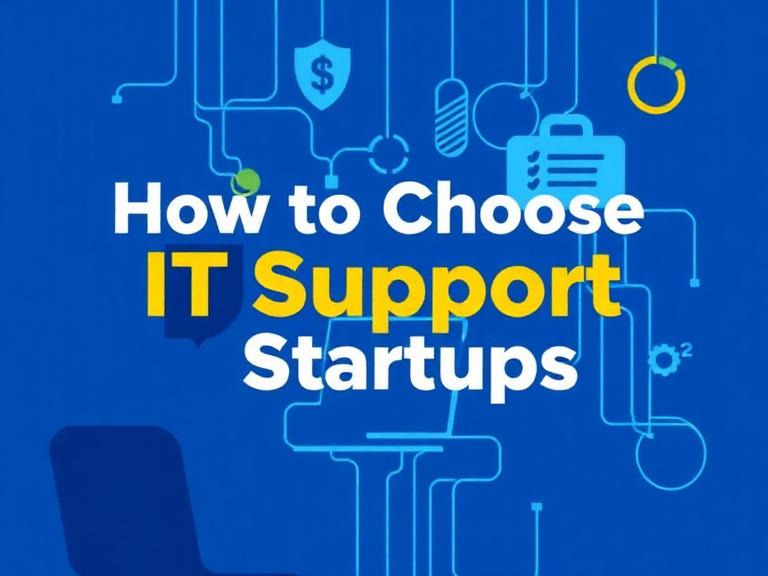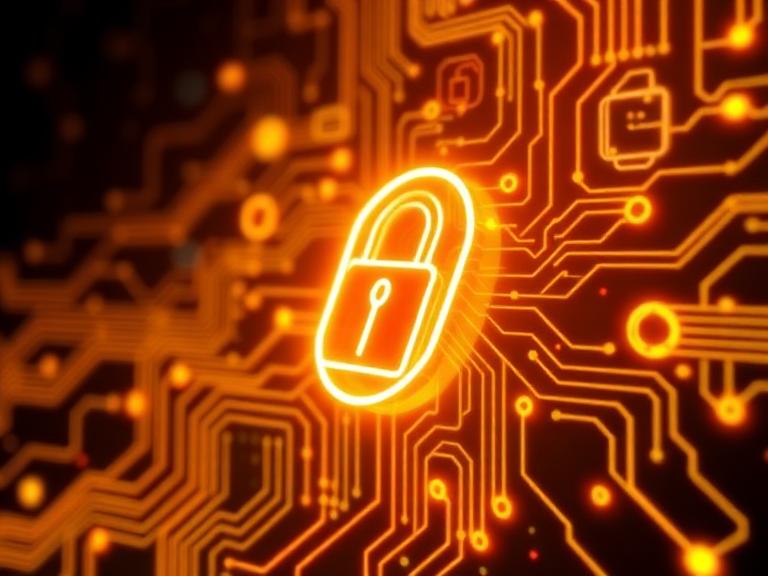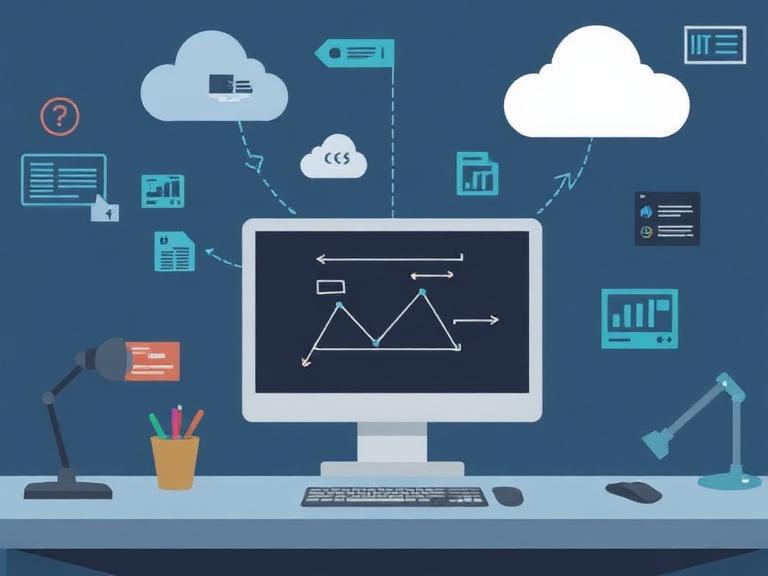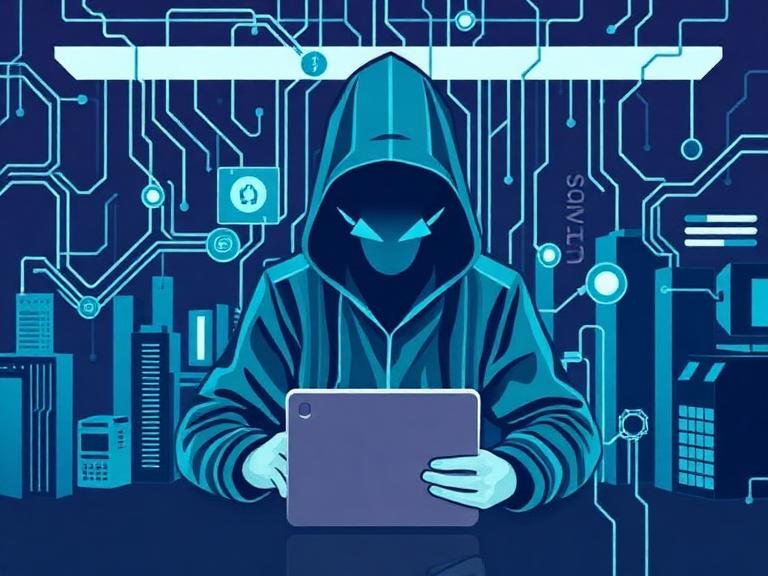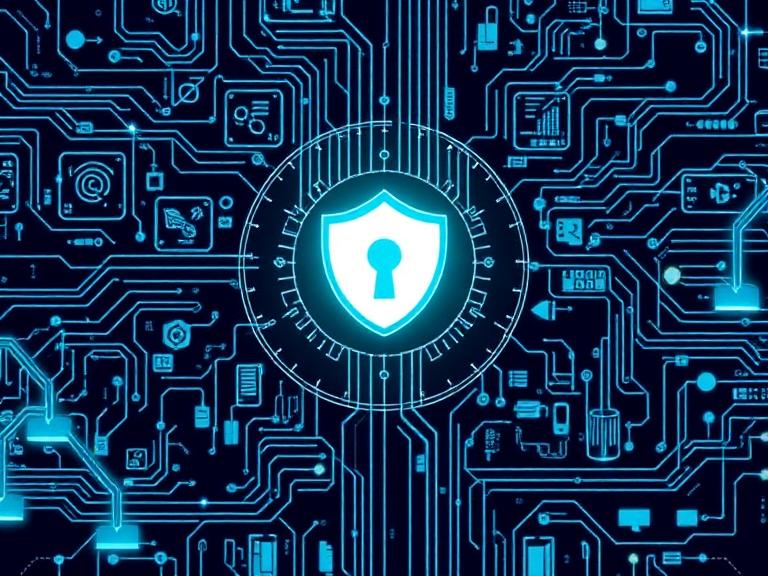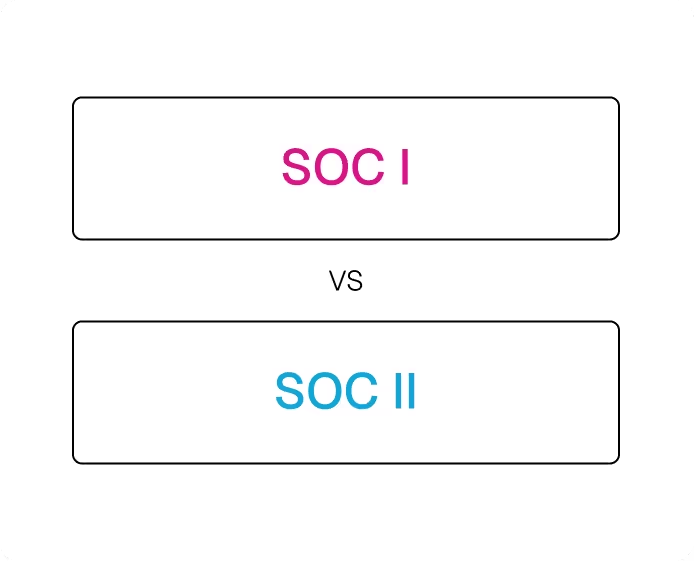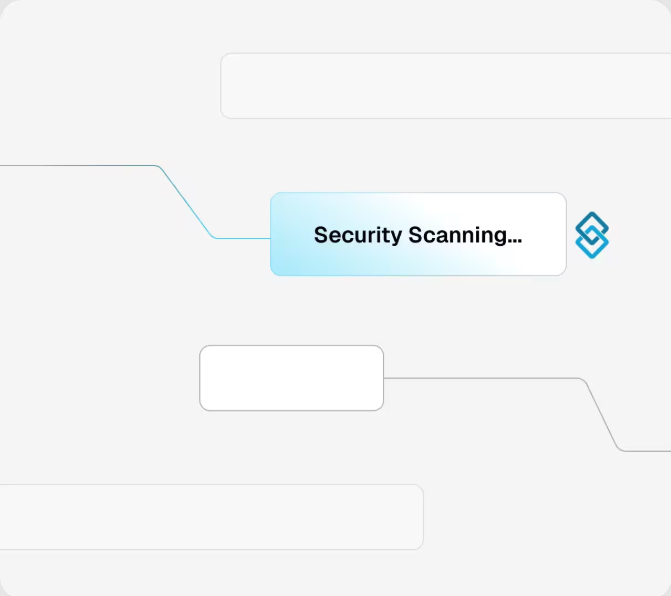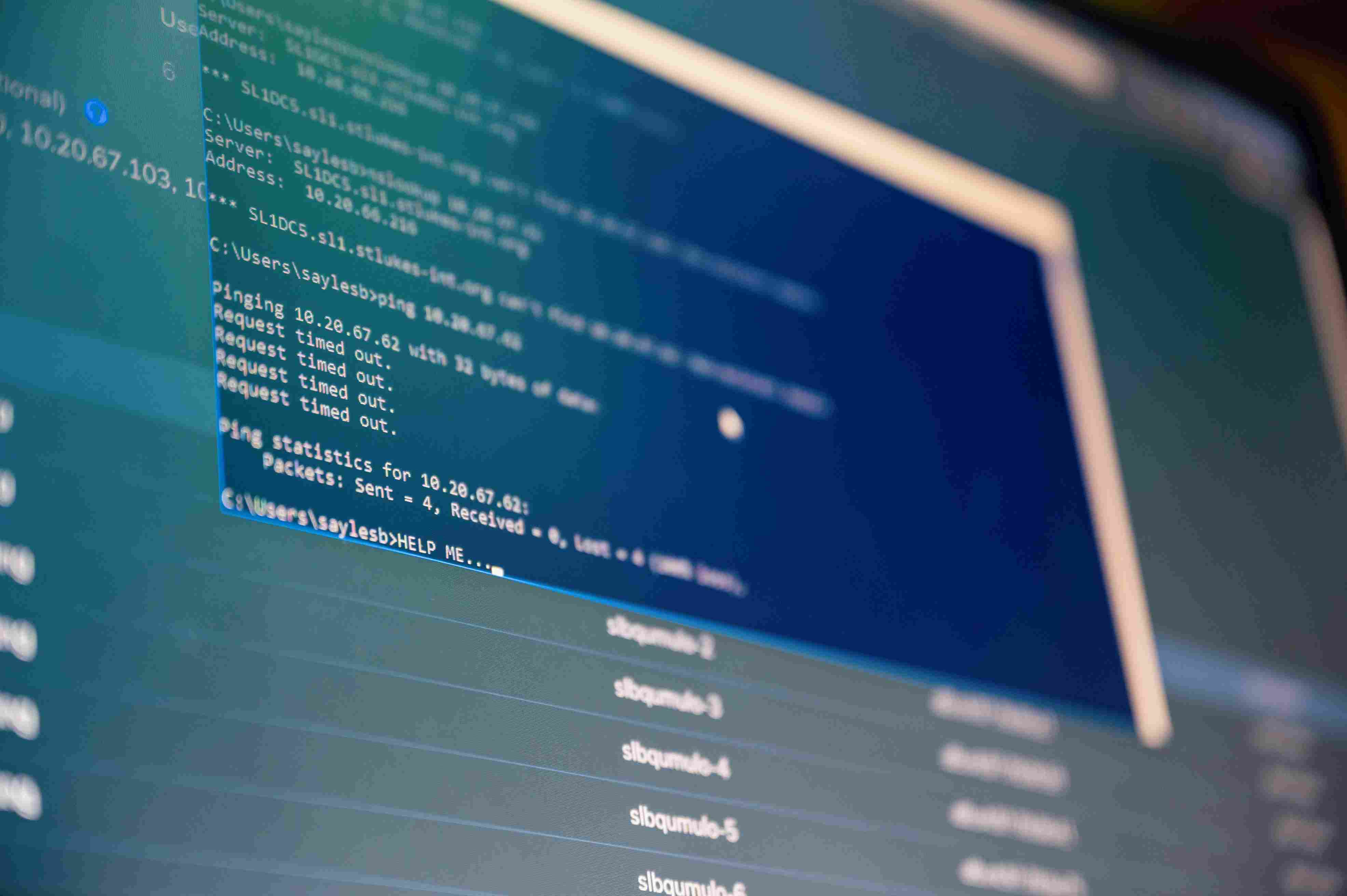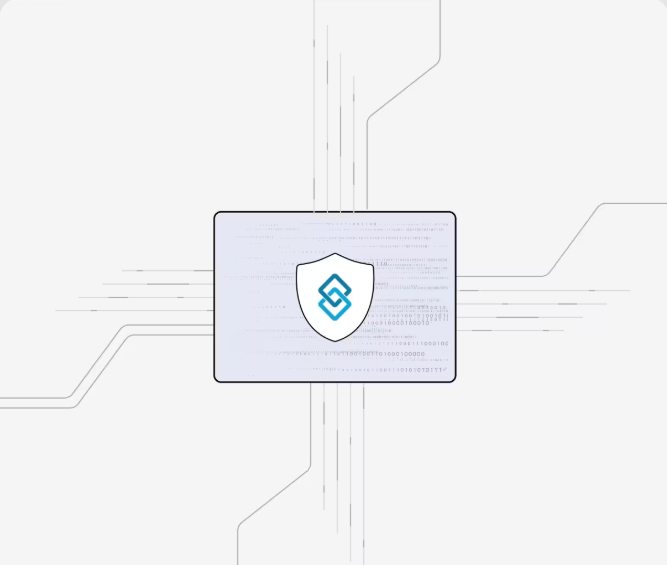Six Reasons Every SMB Needs A vCISO
A Virtual Chief Information Security Officer (vCISO) gives SMBs affordable, on-demand access to cybersecurity leadership and expertise without the high cost of hiring a full-time CISO. Unlike traditional CISOs, vCISOs provide flexible strategic guidance, regulatory compliance support, and access to specialist teams, helping businesses manage evolving cyber risks quickly and effectively. With benefits like lower costs, faster implementation, industry expertise, and alignment with security frameworks, vCISOs have become essential for SMBs seeking strong cybersecurity and compliance while focusing on core operations.
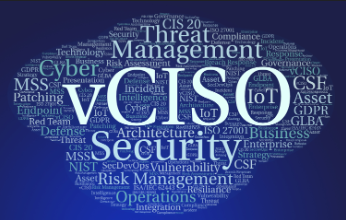
Two trends are recurrent in the world of SMB cybersecurity. Cyber threats are becoming increasingly vicious and deadly, and companies of all sizes, sectors, and stakeholders are now required to demonstrate "proven security and compliance." This makes the role of a vCISO (Virtual Chief Information Security Officer) essential for small and mid-sized businesses, not only in regulated industries but across the board. A vCISO program offers SMBs flexible and on-demand access, plus "Virtual Security Team" expertise, all in an affordable and predictable cost model. This article discusses six reasons and drivers for the rise of the vCISO as an indispensable role in SMBs.
What is a Virtual CISO?
vCISOs are increasingly important for SMBs, as they can access expert cybersecurity guidance and leadership at a low cost. It enables them to maintain and develop robust security measures to combat evolving cyber threats, without the need to hire a full-time CISO. This can be prohibitively expensive for smaller companies.
SMBs that have a strong vCISO who can bridge the gap between security expertise and strategic advice, while remaining focused on their core business operations, will be able to effectively manage cyber risk following their business needs.
vCISOs are often highly technical, but their role is not that of an IT administrator or security expert. Most vCISOs will call in a virtual team to provide deeper technical expertise when needed.
What Is the Difference Between a vCISO and a Traditional CISO?
The CISO is a role that's mostly found in large organizations. It oversees and implements enterprise cybersecurity strategies. The vCISO updates this role to SMBs as a highly flexible service that combines program management and strategic guidance with on-demand skills.
This approach helps SMBs to identify, prioritize, and address their greatest risks. It also empowers them to achieve and maintain compliance with HIPAA, PCI DSS, to data privacy laws. The vCISO model has other advantages over a traditional CISO hiring for SMBs, including:
- A faster time to value. Hiring a CISO is a lengthy, expensive process. During this period, your company could be lacking in strategic cybersecurity direction. A vCISO can make a significant impact immediately, especially if your company faces a data breach, regulatory penalties, or problems with customers and prospects.
- Third-party objectivity. Organizational Politics can be a barrier when it comes to identifying risks and making changes. A vCISO, as a third party, may find it easier to provide an objective assessment and/or identify the root causes.
- It is better to have more than one CISO. vCISOs have a staff of experts to assist with specialized security issues. They have more cybersecurity expertise than CISOs.
Six Reasons Why vCISOs Can Be Indispensable to SMBs
vCISO offers a variety of benefits to customers that go above and beyond improving security. Here are six reasons why every SMB needs a virtual CISO engagement.
- Essential strategic guidance. Many SMBs struggle with identifying and prioritizing their cyber risks. They wonder, "Where to even begin? A vCISO offers strategic, business-aligned insights about risk assessment, compliance, incident response, and essential controls.
- An affordable solution.
vCISO programs are flexible and pay-as-you-go, saving SMBs tens or even hundreds of thousands of dollars annually compared to the salary, benefits, and overhead of a full-time CISO. - Access to specialist expertise.
Where can I find experts to implement cybersecurity projects and manage controls? vCISO service providers have best-practices knowledge in a variety of areas, and can tailor it to the unique needs of an SMB. - Help in regulatory compliance.
A vCISO will help you stay compliant as data privacy standards, other regulations, and compliance issues become more complex. - Expertise in the industry
Many vCISOs are experienced in multiple industries and have worked across many verticals. A vCISO who has a solid background in your industry will have a better understanding of defensive tactics and regulations. - Familiarity with cyber frameworks.
Many SMBs feel pressured to comply or align with cyber frameworks such as HITRUST for healthcare, CMMC for defense, or ISO 27001 in law firms. A vCISO will help you integrate compliance with a cyber-framework into your overall cybersecurity plan to meet business goals.
Sentant vCISO Program Can Benefit Your Business
Sentant’s virtual security team and vCISO can help your company if it’s under pressure to show a strong cybersecurity and compliance posture. We’ll work with you to create a clear plan, support a culture of security, and reduce the risks of costly data breaches. More importantly, you’ll gain the peace of mind that lets you stay focused on running and growing your business. Beyond protection, our vCISO services also help SMBs earn customer trust, build stronger vendor relationships, and remain competitive in industries where security is not just a requirement but an expectation.
Will Pizzano, CISM is Founder of Sentant, a managed security and IT services provider that has helped dozens of companies achieve SOC 2 compliance. If you’re interested in help obtaining SOC 2 compliance, contact us.

